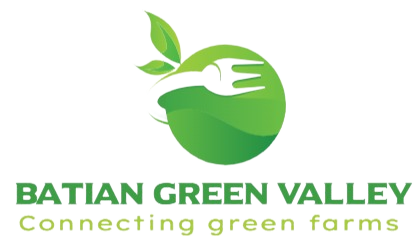Why you should test your soil for a good harvest
Soil is the food for the plants on your farm. Healthy soil means better yields, better incomes, better profits, and better livelihoods. Soil carries the required nutrients that plants require for growth. It is important to know the status of the soil before planting by conducting a soil test.
Do a soil test to know:
- The condition of the soil
Soil needs to have a good organic matter content, which helps to hold moisture and nutrients in the soil. Nutrients include nitrogen, Phosphorus, and a balanced mix of minerals such as magnesium, potassium, calcium, borates e.t.c for plants to grow and flower well.
Soil tests are therefore important to determine the soil’s PH content and nutrient levels and you can choose the practices to improve the soil on your farm.
- How much fertilizer to use
A soil test shows the deficiency of nutrients that your soil has, this aids in decision-making when purchasing farm inputs such as fertilizers and organic manures. It also avoids over-fertilization of the soil thus reducing related environmental effects.
- Know the crops to grow on your farm
Different crops thrive best in specific soils. Soil tests to determine the PH content which describes how alkaline or acidic your soil is helps in proper soil management to adjust the PH depending on the crops you plan to grow. The pH scale ranges from 0 to 14, with 7 being neutral. You will determine the best plants for your area to avoid waste of time and money.
- To improve the soil’s nutritional balance
Continuous land use has led to degradation due to the depletion of soil nutrients. Contamination of soils from pesticides and other chemicals is also rampant. Soil testing will detect such issues and help mitigate and restore the soil’s nutritional status as well as conserve the environment.
To Collect A Good Soil Sample
Insert a soil auger or panga 1 foot deep into the soil
Turn it severally to dig out a sample
Put the soil in a bag
Repeat the same procedure with 20 other different points in your farm using a Zigzag/W pattern
Put the soil in a sample bag
Label the sample bag; include the following name, address, location, phone number, and crops you intend to grow.
Send your soil sample to a soil testing laboratory near you.
Soil testing has potential benefits for the farmer such as higher yields, improved crop quality, lowered operating costs, faster growth, and maximized profitability. We would love to help you learn more about how to take your soil sample for testing and achieve a good harvest on your farm. Talk to us.
